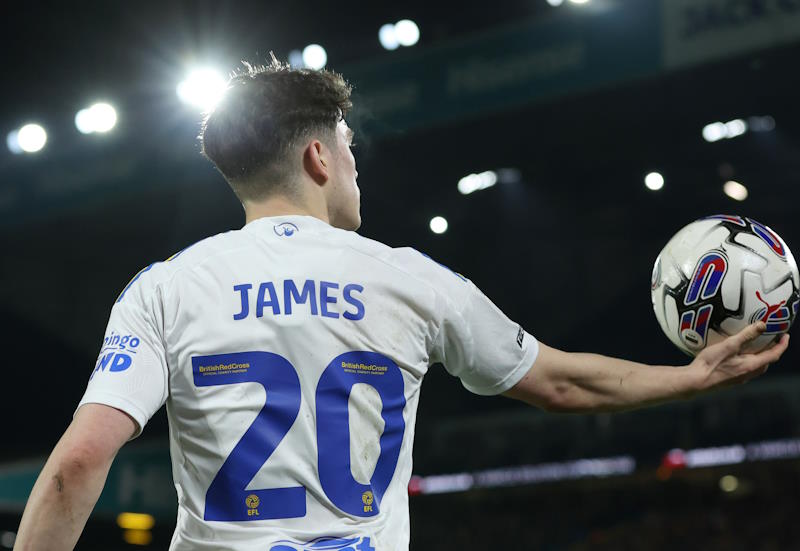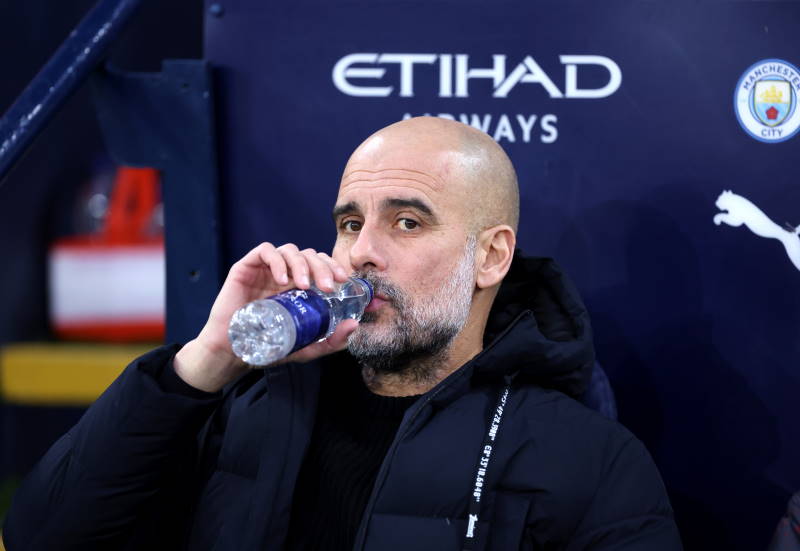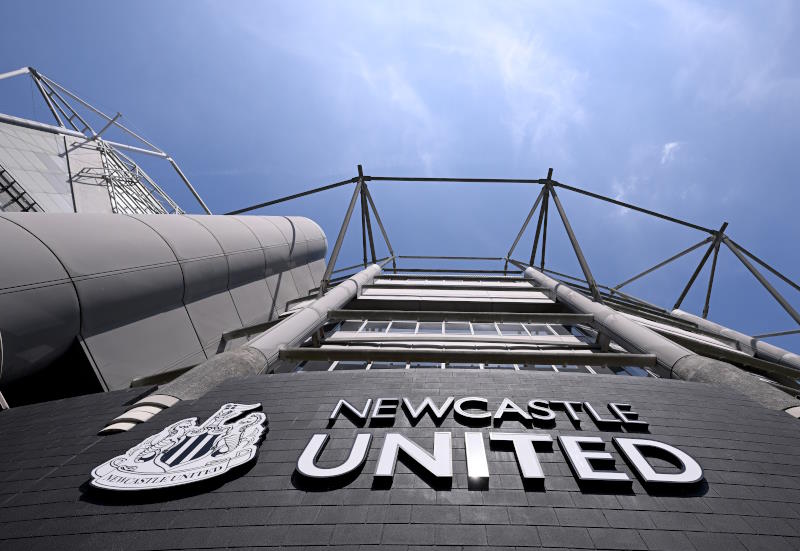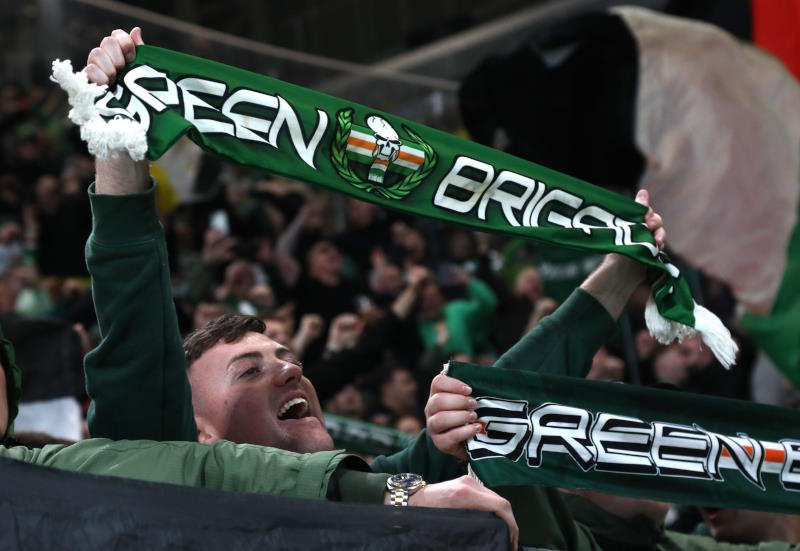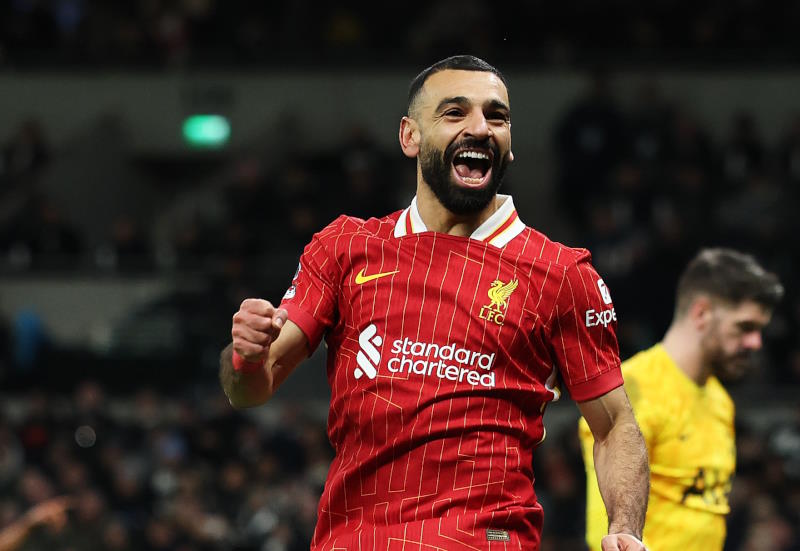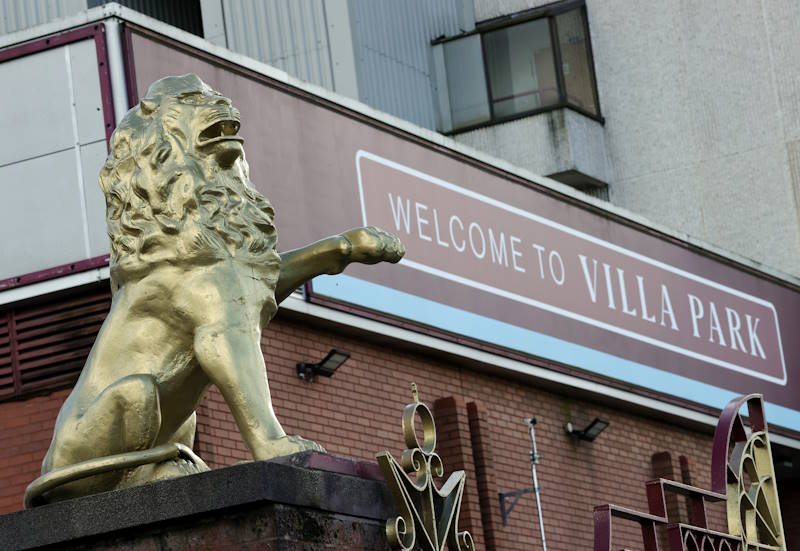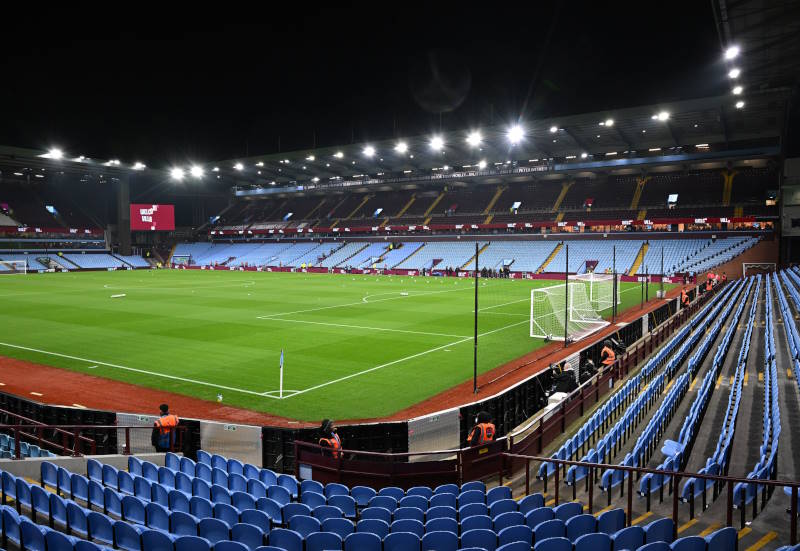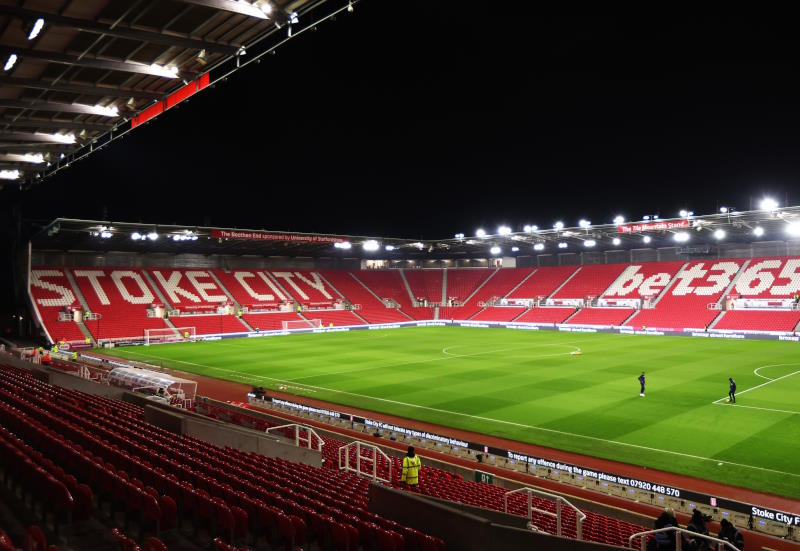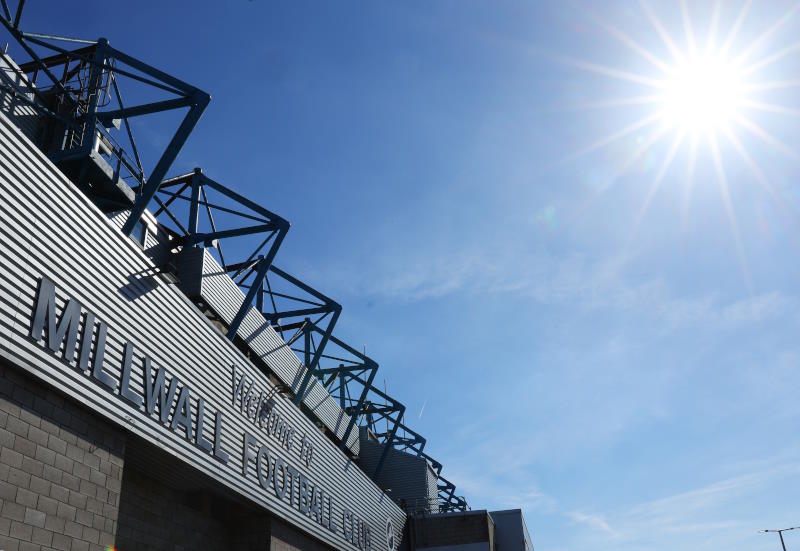
David Showell
Liverpool Football Club is rich in tradition, success, status and talent. But not, it seems, in financial security. With mounting debts in recent times, and a pair of American owners at loggerheads with each other, the club faces an anxious period of instability ahead.
George N Gillet, Jr. made his money in broadcasting and ski resorts before turning his hand to sport. He recently owned the Montreal Canadiens ice hockey team until a need for cash to continue to finance his Liverpool venture forced the businessman to sell. Thomas O. Hicks, Sr. has an investments background and, like his partner, has his fingers in other sports ownership pies including the Texas Rangers baseball team.
Together, they took ownership of Liverpool in 2007, paying over £200M for the privilege, a figure which included an estimated £44M for the club’s debts. Those debts are now thought to be in the region of £350M, predominantly owed to the Royal Bank of Scotland and US-based Wachovia.
There were fears that the banks were about to call in their loans, an act that would have been disastrous for the club, but in July 2009 it was announced the debt had been renegotiated for another year. Liverpool have to repay just £60M for the moment, with the rest to be paid back later. The situation seeming a little like only being about to afford to pay the minimum monthly repayment on the credit card.
The long-term future of the club has worried fans. As the club spends more and more to try and claim the league title they last won in 1990, the debt obviously doesn’t just go away. And this is where an attempt at fan power comes in.
ShareLiverpool Football Club was formed with a very clear mandate: fan ownership of the club. Originally, the group planned to recruit 100,000 dedicated supporters, each buying a single share for £5,000 – this has since been changed to single shares at £500 each.
The group’s impressive campaign may, if successful, spearhead a new way forward for many clubs, and not just in England. Their board includes influential supporter and Liverpool university professor Rogan Taylor and one-time ‘Kop Idol’ John Aldridge.
ShareLiverpool FC won’t be daunted by the recent club-banks agreement, and as such the fan-power debate won’t go away. The Liverpool Supporters Union, under the wonderfully-named banner Spirit of Shankly, is heavily involved with the campaign. It would appear the agreement over the club’s debts will give the ongoing campaign a useful period of time to consolidate their support and to spread their message. Liverpool’s supporters are more likely than those of most other clubs to get involved in a project like this. By tradition, they’re notoriously independent-minded and passionate.
Perhaps the most worrying aspect of all this is the prospect of Liverpool ‘doing a Leeds’. The club’s spending in recent times has failed to match its success. Last season the Reds were superb, and without dropping needless points from time to time, they may well have won the Premier League. The Anfield club have an excellent squad but each purchase only adds to the mounting debt. Many were surprised to see the club splash out again in the summer. A cool £17M for Glen Johnson may be a good investment, but perhaps not when the wolf is at the door with a knife and fork in his hand and a napkin tied round his neck.
Just before they went into meltdown, Leeds United made a final push to put them at the top table in Europe, and almost succeeded. The subsequent slide was fast, unrelenting and painful. Ask even the most anti-Leeds supporter (probably a Manchester United fan) and they would still feel a tinge of “there but for the grace of football go I”. One wonders if anyone in the posh seats at Anfield is casting an occasional backwards glance at those events at Elland Road.
But for whoever ends up owning the club, the issue of spending shouldn’t be overlooked. The club’s holding company, Kop Holdings, made a loss of over £42M in the year to August 2008. It seems Liverpool are the first of the major English clubs to reach this financial crossroads, and they may not be the last. The catch-22 of buying to succeed, or under-spending to survive is, in the current economic climate, an issue for most clubs.
And while regular Champions League football would probably have been enough for Leeds to maintain their squad, judging by the latest figures from Anfield it may not be enough for Liverpool.
The Premier League needs Liverpool, the English game needs Liverpool, and, whether they care to admit it or not, Everton and Manchester United need Liverpool. Shrewd financial management is required to steady the ship, but will it be by two American financiers, or by a people’s collective? Watch this space.
Related Articles:


